Green Card Qualifications Guide
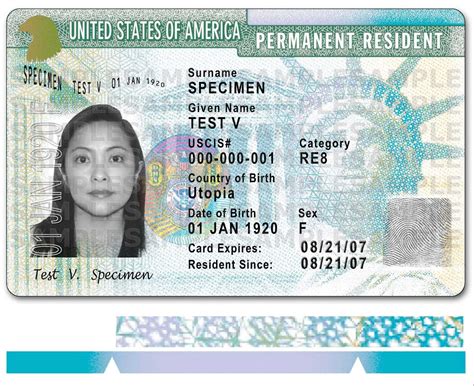
Introduction to Green Card Qualifications
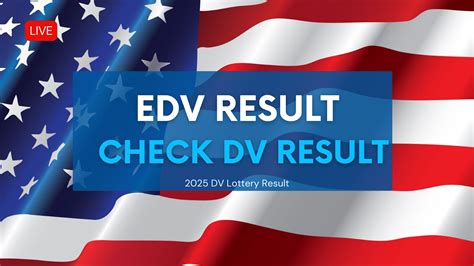
Obtaining a Green Card is a significant step towards becoming a permanent resident in the United States. The Green Card, officially known as a Permanent Resident Card, grants the holder the right to live and work in the U.S. for as long as they wish, provided they comply with the terms of their residency. The process of qualifying for a Green Card can be complex and involves meeting specific eligibility criteria, which are set forth by U.S. immigration law. This guide aims to break down the various qualifications and pathways to obtaining a Green Card, helping applicants navigate the system more effectively.
Family-Based Green Card Qualifications
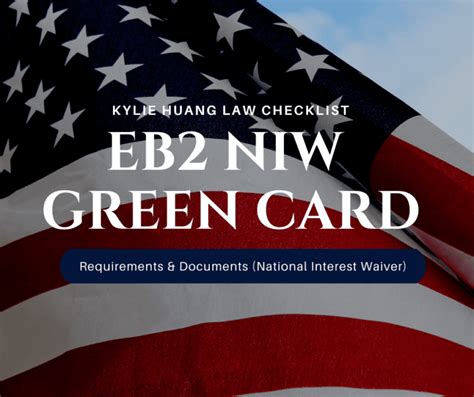
One of the primary ways to qualify for a Green Card is through family relationships. Immediate relatives of U.S. citizens, such as spouses, unmarried children under the age of 21, and parents, are given priority and are not subject to the annual numerical limits that apply to other categories. Other family members, including adult children (married or unmarried), siblings of U.S. citizens, and spouses and unmarried children of permanent residents, may also be eligible but are subject to quotas and often face longer waiting periods. The process typically involves the U.S. citizen or permanent resident relative submitting a petition on behalf of the applicant.
Employment-Based Green Card Qualifications

Employment is another significant pathway to obtaining a Green Card. This category includes a range of occupations and skills, from high-skilled workers and professionals to unskilled laborers. The employment-based Green Card process often requires a job offer from a U.S. employer who must also obtain a labor certification from the Department of Labor, demonstrating that there are no qualified U.S. workers for the position and that hiring the foreign worker will not adversely affect the wages and working conditions of U.S. workers. There are five preference categories for employment-based immigration, each with its own set of requirements and limitations: - First preference (EB-1): Priority workers, including individuals with extraordinary abilities, outstanding professors and researchers, and certain multinational executives and managers. - Second preference (EB-2): Members of professions holding advanced degrees or individuals of exceptional ability. - Third preference (EB-3): Skilled workers, professionals, or other workers. - Fourth preference (EB-4): Certain special immigrants, including religious workers, employees of U.S. foreign service posts, and others. - Fifth preference (EB-5): Investors who invest a significant amount of capital in a U.S. business, creating or preserving jobs for U.S. workers.
Diversity Visa Lottery

The Diversity Visa (DV) program, also known as the Green Card lottery, is another pathway to obtaining a Green Card. This program is designed to diversify the immigrant population in the United States by making 55,000 Green Cards available annually to individuals from countries with low rates of immigration to the U.S. Applicants must meet simple, but strict, eligibility requirements, including having a high school education or its equivalent, or two years of work experience within the past five years in an occupation requiring at least two years of training or experience. Winners are selected randomly from among the qualified applicants.
Refugee or Asylum Status
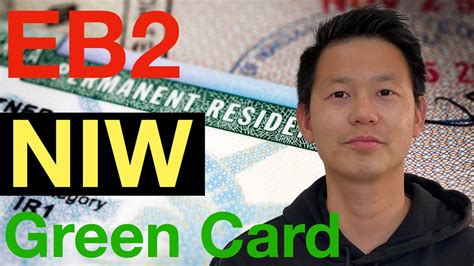
Individuals who have been granted refugee or asylum status in the United States may also be eligible for a Green Card after one year of residing in the U.S. under such status. Refugees are individuals outside the United States who are unable or unwilling to return to their home country because of persecution or a well-founded fear of persecution. Asylum seekers, on the other hand, are individuals already in the United States or at a port of entry who meet the definition of a refugee. Both must apply for and be granted asylum or refugee status before they can pursue a Green Card through this pathway.
Special Immigrant Categories
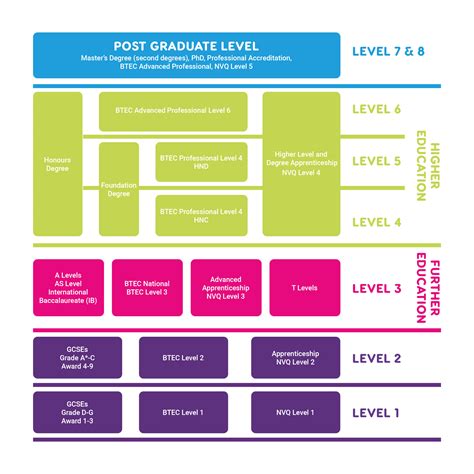
There are several special immigrant categories that may lead to Green Card eligibility, including but not limited to: - Special immigrant juveniles: Children who have been abused, neglected, or abandoned by a parent and for whom it is not in their best interest to return to their home country. - Afghan or Iraqi translators/interpreters: Individuals who have worked with the U.S. armed forces as translators or interpreters. - International broadcasters: Certain individuals who have worked for the U.S. Agency for Global Media or its predecessors. - Certain members of the U.S. armed forces and veterans: Who have served honorably in the U.S. armed forces for at least one year.
Application Process
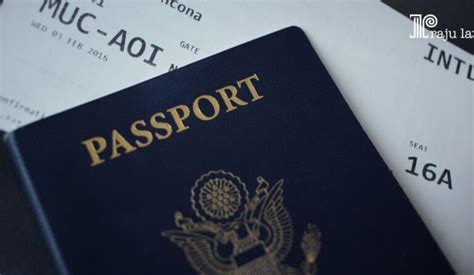
Regardless of the category through which one qualifies, the application process for a Green Card typically involves several steps, including: - Filing a petition: Either by a U.S. citizen or permanent resident family member, a U.S. employer, or by the applicant themselves in certain cases. - Submitting form I-485: The application to register permanent residence or adjust status, along with supporting documentation and fees. - Biometrics: Applicants may need to attend a biometrics appointment for fingerprinting and background checks. - Interview: Many applicants are required to attend an interview at a local USCIS office. - Decision: After reviewing the application, USCIS will make a decision and notify the applicant.
📝 Note: Maintaining the integrity of the application process is crucial. Providing false information or failing to disclose required information can lead to application denial or even deportation.
Maintenance of Status and Removal of Conditions
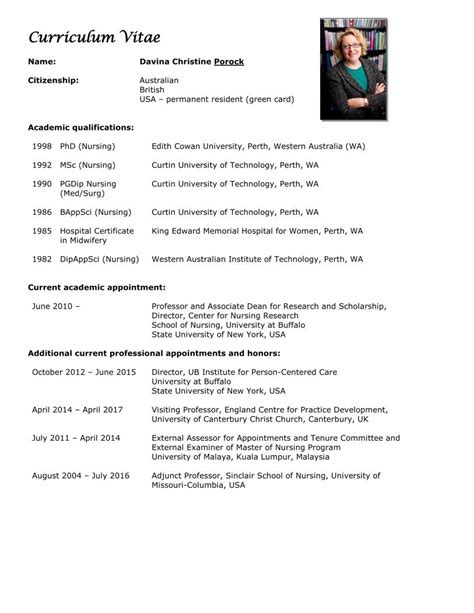
Once a Green Card is obtained, it is essential to maintain status. This includes complying with all laws of the United States, both federal and state, filing taxes, and, for conditional residents (such as those who obtained their Green Card through marriage or investment), petitioning to remove the conditions on their residence after a specified period, usually two years.
| Category | Description |
|---|---|
| Family-Based | Through immediate relatives or other family members. |
| Employment-Based | Through a job offer from a U.S. employer or exceptional skills. |
| Diversity Visa Lottery | A random selection process for individuals from countries with low immigration rates. |
| Refugee or Asylum Status | For individuals granted refugee or asylum status. |
| Special Immigrant Categories | Varying categories, including for translators, international broadcasters, and certain members of the armed forces. |
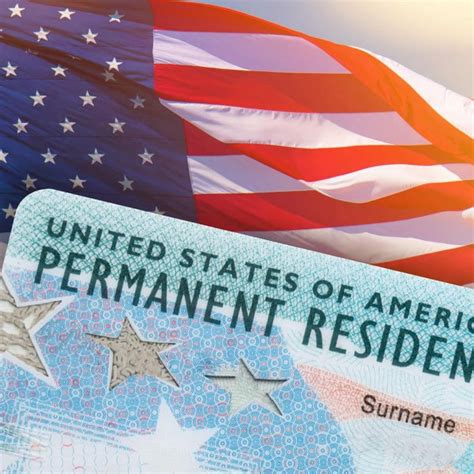
In summary, qualifying for a Green Card involves meeting specific criteria set by U.S. immigration law, which can vary significantly depending on the category through which one applies. Understanding these categories and the application process is crucial for those seeking to become permanent residents of the United States. Whether through family ties, employment, the Diversity Visa program, refugee or asylum status, or special immigrant categories, the journey to obtaining a Green Card requires careful planning, adherence to the application process, and a commitment to maintaining one’s status upon approval.
What is the primary difference between a Green Card and U.S. citizenship?

+
A Green Card grants the right to live and work in the U.S. permanently, while U.S. citizenship offers additional rights and responsibilities, including the right to vote and protection under the U.S. Constitution.
How long does it typically take to get a Green Card?

+
The processing time varies significantly depending on the category of eligibility and the workload of USCIS and the Department of State. It can range from less than a year for immediate relatives of U.S. citizens to several years or even decades for other categories.
Can I travel outside the U.S. with a Green Card?

+
Yes, but it is crucial to understand the rules regarding re-entry and maintaining your status. Generally, you should not be outside the U.S. for more than 180 days (6 months) at a time to avoid issues with re-entry or being considered to have abandoned your resident status.



